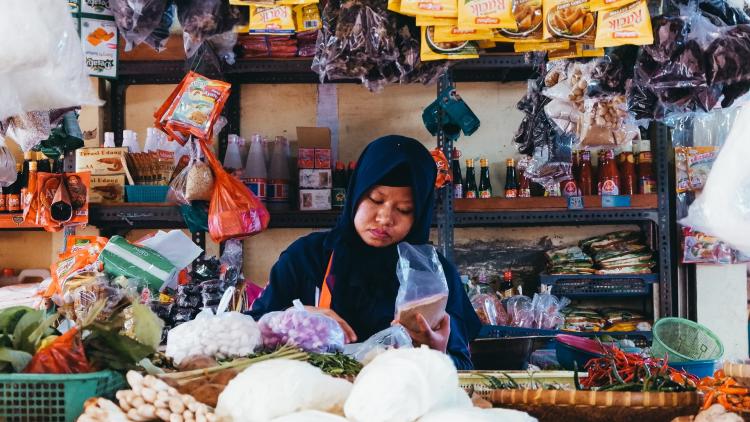Dissertation for MSc Political Economy of Development

Key information
- Start date
- End date
- Duration
- Full
- Module code
- 15PECC988
- FHEQ Level
- 7
- Credits
- 60
- Department
- Department of Economics
Module overview
Students are required to complete a 10,000-word dissertation in an approved topic in the political economy of development (100% of module mark). Students are encouraged to select topics appropriate to their specific programme and expertise within the Department more generally. Students are required to submit a proposed dissertation title, approved by a member of staff, during the second term.
The dissertation is completed during the summer under the supervision of a member of the Department. Supervisors are allocated by the Department based on approved topics and staff availability. Supervisors provide guidance on source material, hypothesis formulation, research methods and structure but will not read complete drafts.
Dissertations must be submitted in September. They are marked by two internal examiners (the supervisor and another member of the Department) and in some cases by an external examiner. Dissertations are assessed on the basis of presentation, structure, analytical depth and originality.
Recent titles have included:
-
A study into the Determinants of Female Labour force participation in the Middle
East - Asset-Backed Securitization: A Route to Financial Maturity in Emerging Markets?
- Financial Sector Fragility and Macroeconomic Crisis
- Testing the Tension: The Effect of Labour Market Institutions on Growth in the
- Indian Textile Industry
- India’s Sugar Sector: The Effects of Strong Regulation and the Prospects for the
- Industry under Deregulation’
- Bond Issuance for Development Finance: The Cases of International Finance Facility and Asian Bond Market Initiatives’
-
The Cost of Poverty Reduction in Sub-Saharan Africa: Attaining the International
Poverty Targets. - Implications for rural women of the World Bank’s market-assisted model for land reform: A South African case study.’
- Banking Crisis: A Case Study of the Dabhol Power Company.
- Political Economy of Aid and Consequences for Poverty Reduction.’
- Does South Africa suffer from the ‘Fear of Float’ Syndrome? An Analysis of the Efficacy and Challenges of a Managed Floating Exchange Rate Regime with Financial Integration.
- The Impact of Land Reform on Poverty in Zimbabwe
- Class and Gender Perspectives of Labour Market Structure in India in the Post Reform Era
- Food Security in China with Reference to the Issue of Land Confiscation
- Examining the Relationship between AIDS and the Pressures of Social Welfare
-
Is Greed or Grievance at the Root of the Current Conflict in the Democratic Republic
of Congo? - The Political Economy of Decentralisation on West Bengal
- The Political Economy of Caribbean Integration: Prospects and Potential for the CSME in advancing regional development’
- Global Financial Flows and Development Investments’
- Bargaining for the OPEC Production Quota: A Game Theoretic Approach’
- Class and gender Perspective of Labour Market Structure in India in the Post Reform Era’
- The Role of Learning Rents in Industrial Policy: A Comparative Institutional Analysis of Egypt and Korea’
Objectives and learning outcomes of the module
On successful completion of the course, students will be able to:
- Demonstrate their substantial understanding of a key issue, topic or theme relating to the political economy of development.
- Organize their ideas in response to theoretical and empirical material and plan, develop and present a written argument in relation to this.
- Show their ability to effectively gather, manage, synthesize and employ relevant data in support of their written argument.
- Demonstrate their capacity to work independently under the guidance of an academic supervisor.
- Show that they have followed good academic research practice and have achieved a good level of competence in academic writing.
Disclaimer
Important notice regarding changes to programmes and modules


